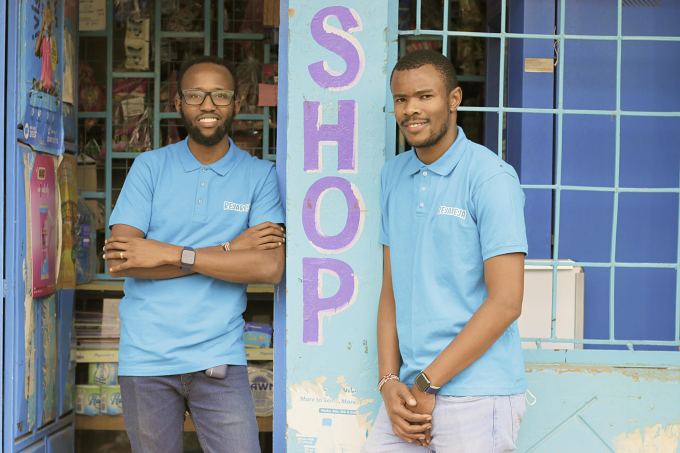MarketForce collaborates with Cellulant to reach five new markets across Africa

MarketForce, a Kenyan B2B retail and financial services distribution startup, has expanded into five more African markets to grow RejaReja, its retailer’super app’ that allows informal merchants to order and pay for inventory digitally, accept payments for utility bills, and access financing for their businesses.
After successful pilot programs, the startup has announced the expansion of RejaReja, the B2B retail marketplace, into Ethiopia, Ghana, Tanzania, Rwanda, and Uganda. This comes about two months after it expanded beyond Kenya by launching in Nigeria.
To enter these new markets, MarketForce has partnered with Cellulant, a pan-African payments company that enables local and international merchants to accept “locally relevant and alternative” payment methods from their customers.
“We are collaborating with Cellulant to open new markets because they already have a presence in these markets and have partnerships with both banks and billers.” This will allow us to focus on acquiring new merchants,” Tesh Mbaabu, co-founder and CEO of MarketForce, told Techrunch.
According to the payments firm, Cellulant has partnerships with 46 African mobile money operators, 120 African banks, and serves 35 African countries with a physical presence in 18. RejaReja plans to expand across the continent by leveraging Cellulant’s coverage.
“We have been piloting this partnership for six months and are happy to announce the plan to extend the fruitful relationship we have built with MarketForce in Kenya…This collaboration will make our digital financial services available to millions of Africans, with the goal of significantly boosting financial inclusion and incomes for merchants across Sub-Saharan Africa,” said Cellulant chief business officer, David Waithaka.

Mbaabu stated that they intend to more than tenfold their RejaReja merchants to one million by the end of next year. Since its launch in December 2020, RejaReja has seen rapid growth, with over 87,000 orders placed on the platform to date, with an average basket value of $151. By the end of this month, it is expected to have generated $60 million in annualized transaction volume.
“In November, we reached 100,000 merchants in Kenya and Nigeria, and this number is rapidly increasing.” We are currently growing at a rate of 40% per month. “This demonstrates the strength of our service,” Mbaabu said.
“The growth is due to merchants seeing the value; it is a merchant vote of confidence in our platform.” And many of them are using technology for the first time in their businesses,” said Mbaabu, who co-founded MarketForce in 2018 with Mesongo Sibut as a SaaS product for the formal markets. Unilever, Pepsi, Safaricom, and CocaCola are among the service’s active users. MarketForce recently received a $2 million seed investment.
RejaReja’s plan is to have a presence in every market across Sub-Saharan Africa in the near future by building an all-inclusive platform for informal merchants, who sell a large portion of Africa’s fast-moving consumer goods (FMCGs). In Sub-Saharan Africa, informal retailers deliver approximately 80% of household retail, but these shops face a number of challenges such as stockouts, earnings instability, and financing, making it difficult for their businesses to grow.
MarketForce, through RejaReja, is addressing these issues by ensuring next-day delivery of goods and using their data to create the credit profiles required to secure loans. To provide loans to its merchants, the startup has partnered with Pezesha, a digital financial marketplace platform.
“We see RejaReja as the largest retail distribution network in Sub-Saharan Africa,” Mbaabu said.
“The goal is to enable all of these merchants to increase their incomes and profits in the digital age, to gain access to inventory, to act as special agents for various financial services, and to earn additional income as a result.” We can also provide working capital loans.”







